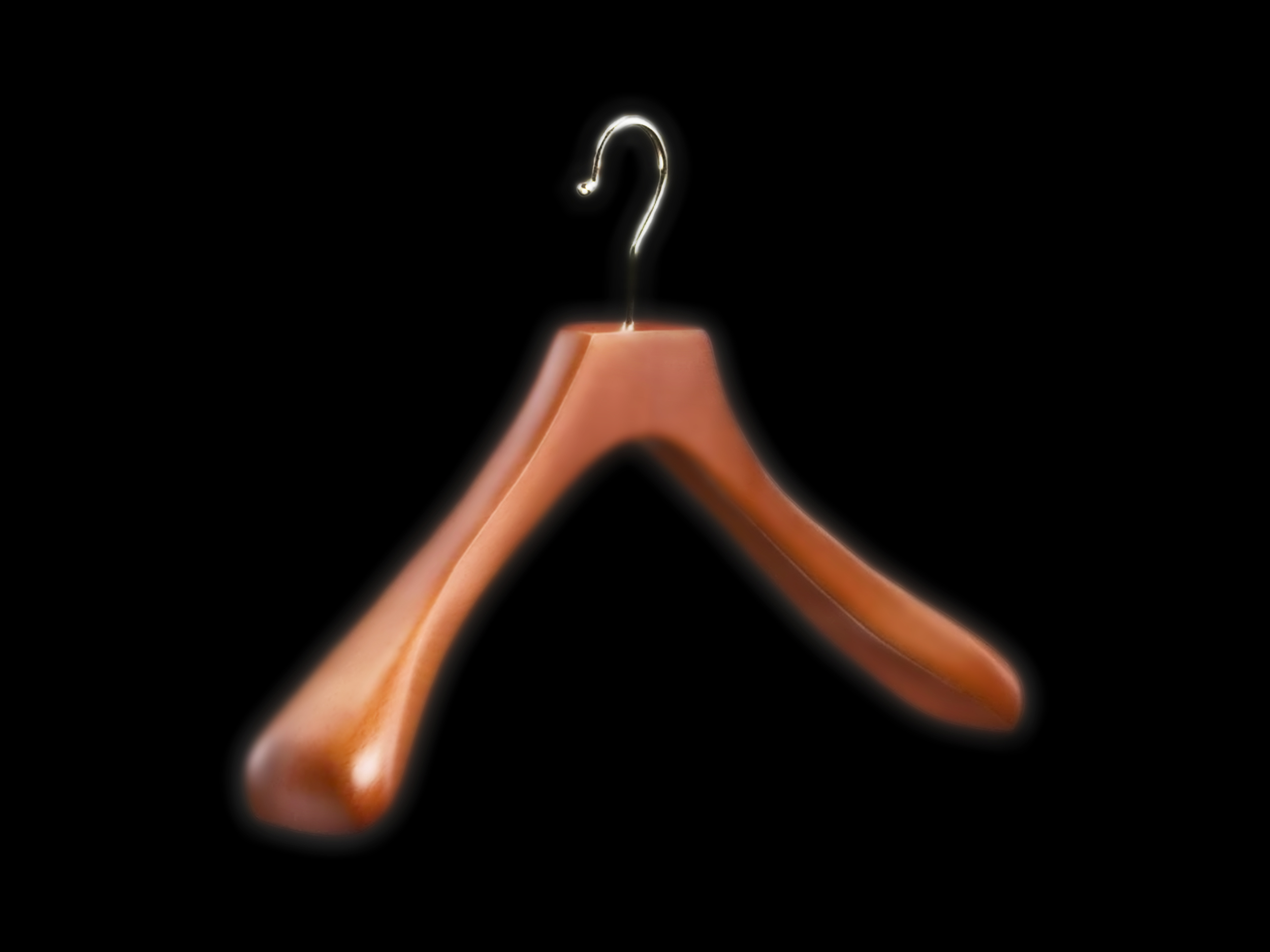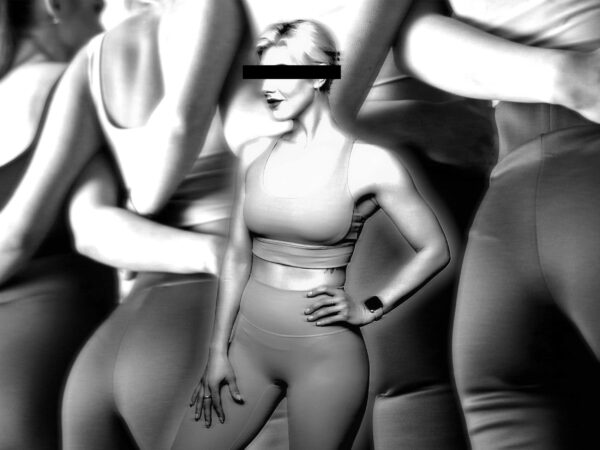In his monthly column, Drew Zeiba hunts for clues in the controversial French author’s latest novel, ‘Annihilation’
It would be irresponsible of me to repeat any accusations without so-called proper due diligence, irresponsible to report or re-report any accusations against Michel Houellebecq without contacting his American publicist or French publicist to request the author’s comment, his American publicist whose email I have or his French publicist whose email I don’t, and as such I would never repeat any accusations against Michel Houellebecq without properly requesting comment and conducting so-called due diligence, even if making such a request frightens me as I imagine the notoriously prickly Houellebecq’s possible reactions, so while I would never wish to repeat any accusations against a person whether Michel Houellebecq or anyone else without requesting comment, I cannot help but note that for several years it was claimed online by some Austrians that Houellebecq, the French writer renowned for novels like The Map and the Territory (2010) and Serotonin (2019) and for his acquittal on charges of racial hatred (2002), was “rarely as well dressed as in Thomas Bernhard’s clothes, apart from the pictures of his wedding,” and that after he was photographed outside the late Austrian author’s house—a white-walled farmhouse on a Vierkanthof in Ohlsdorf-Obernathal whose slouching roof appears on the verge of giving up on itself—in Thomas Bernhard’s tailcoat, in July 2019, Bernhard’s tailcoat was not returned by Houellebecq, however it would be entirely irresponsible so-called journalism to report the mere possibility of this fact without requesting comment from Houellebecq, even if it it personally frightens me to request so-called comment, so instead I have initiated an endeavor of searching in the writing and life of Houellebecq for indications of his being influenced not only by Bernhard but by his alleged and unproven larceny of Bernhard’s tailcoat, a harried search I began almost without my volition upon tearing open my mail to discover the yellow spine of Houellebecq’s most recent novel, Annihilation (2024), yes, after tearing open my mail and discovering that yellow spine I heedlessly began a harried search for so-called signs of influence of Bernhard’s tailcoat, and in Annihilation, a title whose definition is not the same but is not so decidedly different as Bernhard’s Extinction (1986), I looked for so-called signs of Bernhardian influence, such as one sentence on page six which runs for ten lines or another on page 101 which begins “As he put his coat back on,” and which extends for only three, but neither bear any of the trademarks of Bernhardian syntax, of this syntax for which Bernhard is so specifically known, as he was likewise known for his gray tailcoats, which I have seen in photos, hung in perfect order in the closet of his white-walled country house in Ohlsdorf-Obernathal, a country house which Bernhard bought in 1965 soon after his first critical successes despite declaring “I’m not a country person at all, fundamentally,” a fundamentally country home necessitated by his lung illnesses and, which despite his not being a country person at all, allowed him to realize his claim that “it had always been my wish to have a house to myself, and even if not a proper house, at least walls around me in which I can do what I want, permit what I want, lock myself in if I want,” and it was in this country house which Bernhard had lived that Houellebecq visited that summer five years ago where the French author put on the Austrian author’s gray tailcoat which may or may not have influenced Houellebecq’s style, although some declare Houellebecq has an “absence of style,” a declared absence of style which, so says Le Monde’s Jean Birnbaum, “allows Houellebecq to be, in reality, so involved in literature,” so involved as to stylelessly write “long sentences” which are “far from convoluted language,” “literature” and “sentences” and “language” which are about “values,” claims Birnbaum, that is, “above all”—above all—“one feels,” Birnbaum says, “above all, that his”—that is, Houellebecq’s—“writing seeks more than ever to fuel, if not hope, at least values,” which one might see as the finest point of the writing of Bernhard, the long sentences of Thomas Bernhard which lambast the conservatism and antisemetism and ignorance of the post-war Austrian upper classes and which emphatically reject Austrian society, although Jean Baudrillard said Bernhard’s novels were onanism for the Viennese upper classes, that even if Bernhard claimed to reject Austrian society to such an extent that he attempted in his will to forbid the release of his books in Austria for 70 years, he wrote for the very society he despised, as, meanwhile, in any event, although Houellebecq is called “irascible” and “controversial” and an “enfant terrible” no one would deny that Houellebecq cares for France even if he mocks France, no one familiar with his politics wouldn’t wonder if his allegiance to France runs too deep, that his desire to be read by the French people is so serious as to be mocked by the narrator of Rachel Kushner’s recent novel Creation Lake wherein she describes a character working on an “agronomy novel” who happens to have Michel Houellebecq’s birth name (“Michel Thomas”), hair style (“fraying,” “looked like it had been clamped in an electric iron turned up high”), and corporeal presence (“his narrow shoulders jutted upward like two clothespins, like he was hanging from a laundry line”), and who, thus Kushner’s narrator Sadie Smith, “was now telling the talk show host”—on “one of those talk shows they have only in France, where people think writers are interesting,” thus Smith—“how pleased he was—if he could claim to be ‘pleased’ about anything—that his novels were sold at Carrefour, Casino, Franprix, Monoprix, Intermarché, Leader Price, and Super U, but that until the housewares chain Mr. Bricolage agreed to a distribution deal—and as of yet, they had not—he would feel he had not quite ‘arrived’ to the pantheon of French letters,” a fictional sentiment which isn’t the farthest thing from admitting “basically, I’m a whore, I write to get applause—not for money, but to be loved, admired,” as the real-life Houellebecq has admitted, the real-life Houellebecq whose writing seeks more than ever to fuel, if not hope, then values, a mission one might say is the farthest thing from Bernhard’s, since one might say that to put “hope” in a sentence even near another sentence by Bernhard is irresponsible, or that only an irresponsible American columnist would talk about Thomas Bernhard and hope in the same breath, since so many have said of Bernhard that he represents the highpoint of nihilism and pessimism, if nihilism and pessimism might be said to have a highpoint, although, I think, possibly even Bernhard had a great many hopes, enough to write nine novels and 18 plays, and, further, I have myself seen an image of Thomas Bernhard with smiling eyes licking a miniature ice cream cone, not to conflate eating ice cream with hope or values, but given this image I could even imagine a scenario with Bernhard not unlike the scene described by Le Monde’s Birnbaum in her interview with Houellebecq where for “three hours, we have been discussing childish joys, dreamed stories, poetic impulses, literature nourished by good feelings that would silence the bad guys” during which time “the atmosphere is much more cheerful than expected,” and after three hours of discussing joys and good feelings Houellebecq “stretches out like an exhausted teenager” and says, “yes, but there is death,” Houellebecq says there is death, and in his next breath says, “Thomas Bernhard wrote it”; Houellebecq must speak of Bernhard to speak of death—although Birnbaum reports him as wearing “a denim outfit that has seen better days” and not a gray tailcoat like or unlike Bernhard’s—and adds that “when you think of death, everything else becomes derisory,” although to say that, he says, sounds “a bit stupid” because “love remains a real subject” for Houellebecq—who, with his wife, recently initiated failed binational litigation against his erstwhile artistic collaborators KIRAC in an attempt to suppress an erotic film originally conceived to “counteract his gloom” because of his being recorded “having sex with young women,” even if he initially agreed to it—for Houellebecq love remains a real subject, and although I have not read every work by Bernhard I cannot think of a love in Bernhard that does not end in death, not Roithamer’s love for his sister in Correction (1975) nor the narrator’s affection for Paul Wittgenstein in Wittgenstein’s Nephew (1982), no, in Bernhard love will always be interrupted by death, although it could be said that I am no so-called expert in Bernhard, and that Bernhard may have lived happily loving his many gray tailcoats hung in perfect order in the closet of his white-walled country house and that perhaps Michel Houellebecq, if he were to have taken the coat, would not even be the first to have done so, as perhaps one gray tailcoat could hardly be missed from that house in the Upper Austrian countryside which Bernhard claimed not to love, a not-loved environment where he retreated to to forestall death due to his many lung ailments which in the end caused his life to end as will too most of ours, even if it is unlikely that in the likely event most people’s lives end that their homes, should they have had comfortable country homes or even uncomfortable homes, will be turned into museums like Bernhard’s house museum unless that person too is also a famous writer, a famous writer not unlike Houellebecq—Houellebecq whom I was too much of a coward to contact for comment—whose house, after his death someone, someone may turn into a museum in which visitors will encounter Bernhard’s tailcoat, because—according to Peter Fabjan, Bernhard’s half-brother and honorary president of the Thomas Bernhard Society—one of the ways Houellebecq “showed how happy he was to be in this place,” this place being the house museum that was formerly the house of Thomas Bernhard, “was that he tried on the jacket,” so says Fabjan, “he tried on the jacket and, because it fit him so perfectly, he didn’t return it, which was tolerated,” tolerated being a key word, of course, although I don’t read German so this has been parsed by Google Translate, so maybe in fact Fabjan said something more akin to “welcomed” or “encouraged,” but the word “tolerated” does have a favorable ring of understatement and in any event, in any event of assumed criminality or malice on the part of Michel Houellebecq with regards to the removal of Thomas Bernhard’s tailcoat from the author’s Upper Austrian house, so says Fabjan: “No theft!”



















